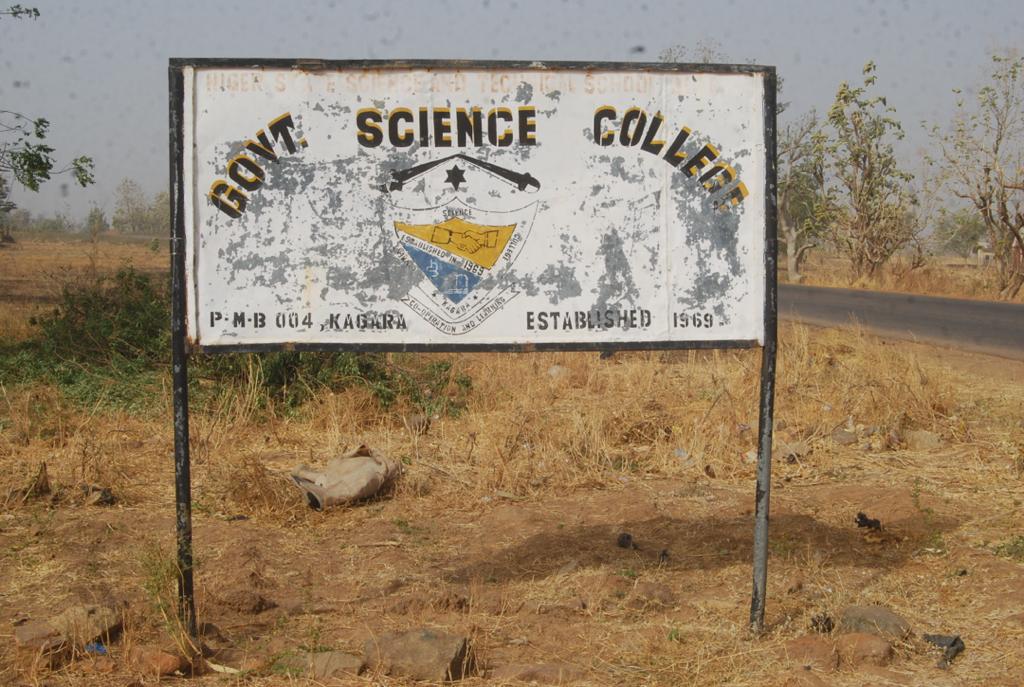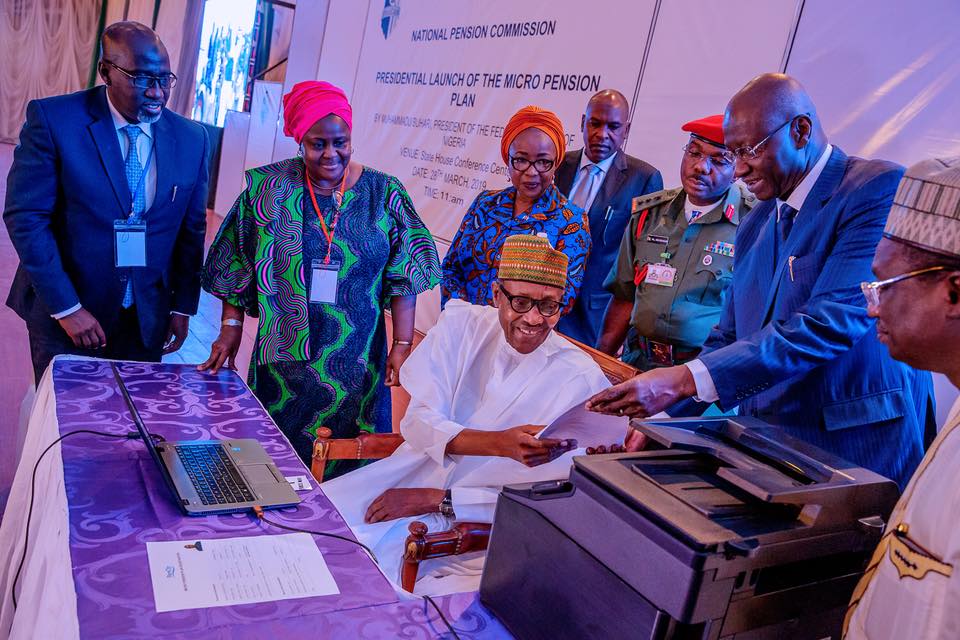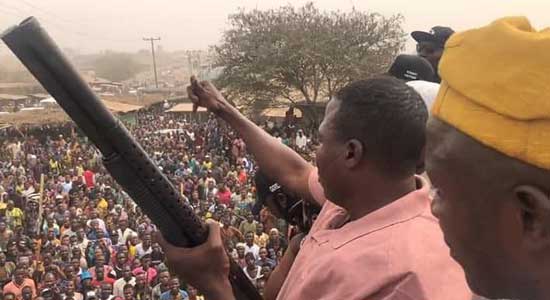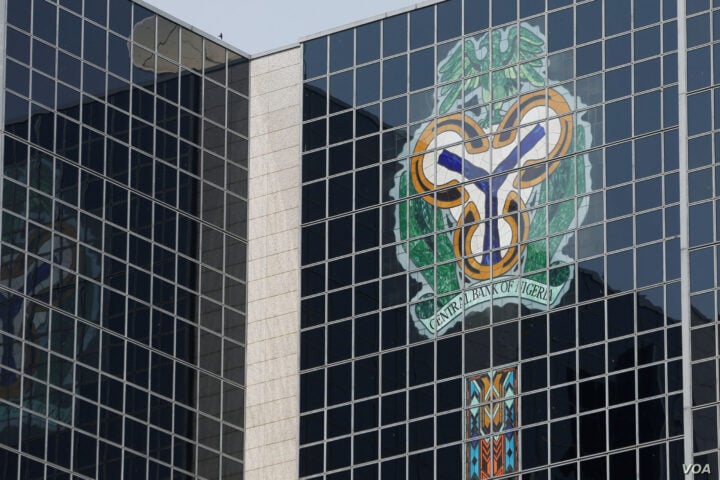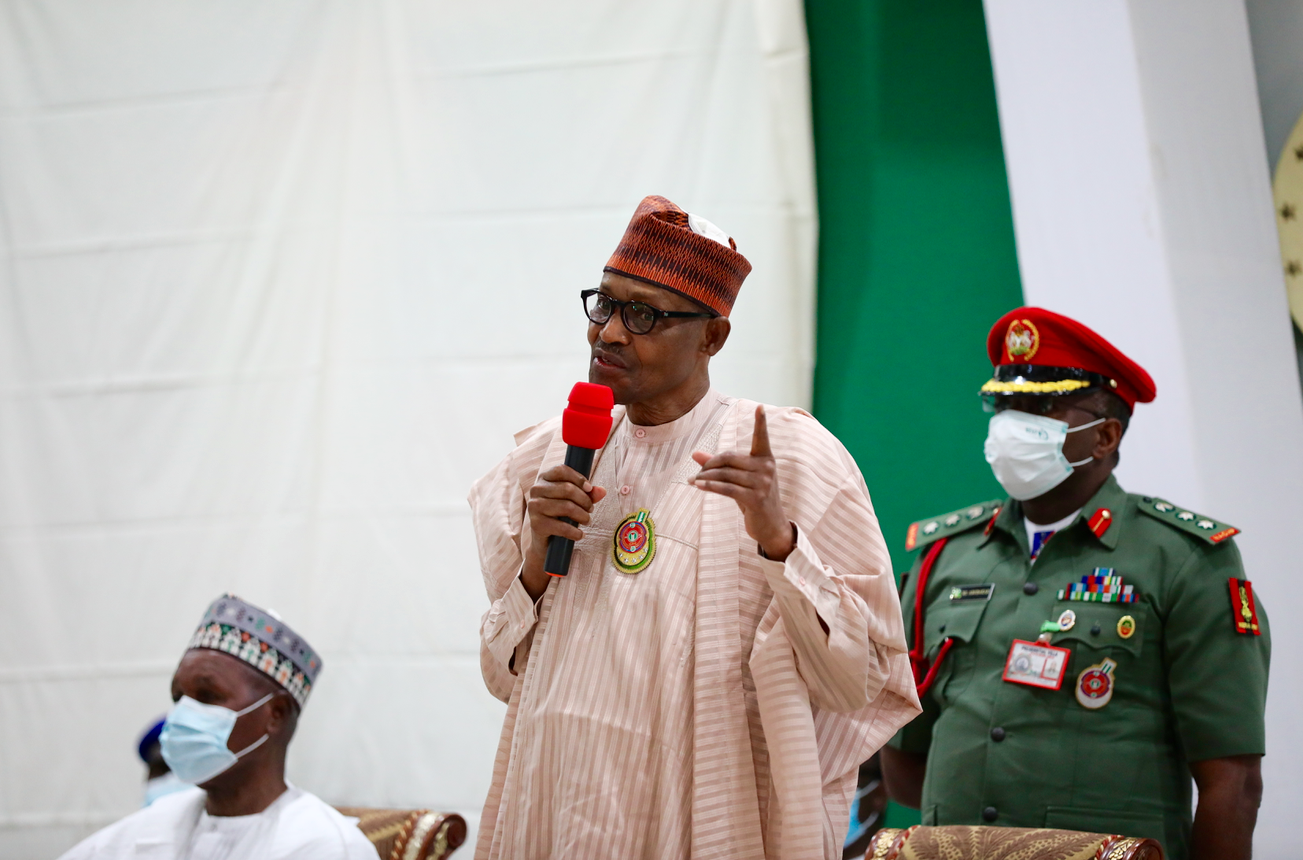The growing importance of diaspora remittances is at the heart of the recent Central Bank of Nigeria (CBN) announcement of the “Naira 4 Dollar Scheme” which is essentially a creative way of boosting the local economy. It is a strategic economic decision and you may call it “thinking out of the box” if you like – it means the same thing.
Under the new scheme, the CBN circular dated March 5, 2021 issued to Deposit Money Banks (DMBs) and International Monetary Transfer Operators (IMTOs) stated that recipients of diaspora remittances will be paid N5 for every dollar received from March 8 – May 8, 2021.
When CBN wielded the big stick over trading in cryptocurrency not too long ago, commercial banks were asked to perish the idea and close such accounts. One of the plausible reasons that motivated CBN to take the action, as it turned out, was that Nigerians abroad were beginning to weigh their investment options in the global cryptocurrency market. It affected diaspora remittances back home, resulting in a significant drop.
According to media reports, CBN watched helplessly as foreign capital inflows were being diverted into cryptocurrency investment which explained why diaspora remittances in the third quarter of 2020 dropped by about USS$2 billion. CBN had to reverse the trend before it was too late. Since 2017, diaspora remittances have been growing steadily at 14% year-on-year. However, these growths, it must be pointed out, are determined largely by market forces in the global economy.
Advertisement
With the current CBN promo, we should expect additional inflows from diaspora remittances. Some of my friends who live abroad said the N5 per dollar incentive is not good enough. In fact, one of the respondents said N30 or more would have been better. It is understandable why the CBN is instigating the “dollar rush” campaign. The federal government is beaming its torchlight in every direction in search of clues on how to fund the deficit budget and get the economy back on track since oil prices crashed in the aftermath of the global economic crisis. Luckily, we are gradually coming out of recession that assailed the economy last year.
Diaspora remittances are a huge resource for developing countries because of its catalysing effect on their economies. In Sub-Saharan Africa for example, Nigeria is second to Egypt in diaspora remittances. Both countries appear to be trading places because Nigeria was the leader previously. According to a PwC report, diaspora remittances into Nigeria in 2017 was US22 billion and US23.63 billion in 2018. The report also stated that inflows into Nigeria will increase to US$25.5 billion in 2019; US$29.8 billion in 2021 and US39.8 billion in 2023. These are significant inflows but they were projections made before the pandemic set in.
Available data indicates that diaspora remittances account for over 80% of Nigeria’s annual national budget and about 6% of GDP. The PwC report further noted that in 2018, the remittances were 11 times the FDIs for that year. Over a third of migrant remittances inflows into Sub-Saharan Africa come from Nigeria.
Advertisement
The PwC report cited a Pew Research Centre survey carried out in 2018 which indicated that half of Nigerian adult population had indicated their willingness to leave Nigeria over the next five years. This is no longer news as Nigerians keep leaving the country in search of greener pastures and better welfare opportunities. Loss of jobs and reducing income has resulted in families being dispossessed although it is a global problem. The only difference is that economic palliatives that should truly lift Nigerians out of poverty and save businesses are few and far between, and the integrity of the process is in doubt.
I know some families who sold everything from cars to houses to be able to emigrate and start a new life abroad, mostly in the United Kingdom, United States of America, Canada and Germany. Some of the emigrants took advantage of highly skilled migrant programmes or the US visa lottery. In a recent announcement, the United Kingdom is inviting talents and professionals in science, research and technology from around the world to live and work in the country as they plan for a post-Brexit era. This is another opportunity for outbound migration and relocation to the UK from Nigeria.
There’s hardly any part of the world where you will not find Nigerians and because we promote a sense of community including caring for extended families, sending money home has therefore become cultural and mandatory. Diaspora remittances to Nigeria come mainly from the United States, UK, Cameroon, Italy, Ghana, Spain, Germany, Benin, Ireland and Canada.
About 70% of the money sent back home is spent on consumption to improve the welfare of the benefiaries while 30% is invested mainly in real estate. The lack of social safety nets is still a nagging worry for most families and it explains why a huge chunk of diaspora remittances are spent on domestic consumption: school fees, hospital bills, house rents, burial ceremonies and so on. Even when crude oil sold for over US$100 per barrel, what did we get in return? Nothing. Now that the economic fundamentals are poor, we are more or less on our own.
Advertisement
Nigerians in the diaspora worry about the lack of government commitment to the welfare of their brothers and sisters back home. Their position is that governments come and go and nothing changes. This attitude does not promote trusting relationships which is very critical for a successful campaign similar to the one being undertaken by CBN.
The yearly diaspora remittances averaging about US$25 billion is the glue that is holding the Nigerian economy together. But what is the nature of the distribution of household incomes from the remittances across the country of over 200 million people? Between the CBN and the Nigerian Bureau of Statistics (NBS), a data on income distribution will be helpful for planning purpose. According to the IMF, remittances include cash which come through formal channels such as electronic wire transfers and non-cash items.
Informal channel are also used to carry money and goods across borders. For example, when cars are shipped into the country, a value chain is created. The federal government receives income from statutory taxes on the cars while income from sales also translates into benefits for the economy.
A World Bank report indicated that India, China, Mexico, the Philippines and Egypt are among the largest remittances recipients globally. Collectively, they account for about 36% of total inflows. The report also stated that global remittances grew by 10% to US$689 billion in 2018 (from US$633 billion in 2017) with developing countries receiving about 77% or US$528 billion of the total inflows.
Advertisement
More than just paying for domestic bills and settling debts, diaspora remittances should be harnessed as capital to drive economic growth through investments and fostering new businesses in the SME sector. This would lead to the creation of employment opportunities with multiplier effects on the economy. I’m aware that most Nigerians in the diaspora want to invest back home but they do not know who to trust with their money. This is where CBN and NIDCOM should come together to create investment pipelines that can be trusted and share relevant information.
In spite of our challenging economic environment, there are still opportunities for investments in areas such as agriculture, ICT, real estate, logistics and healthcare. An area that would be of keen interest to this demography is for all the tiers of government to make social investment in roads, schools and hospitals – these are critical infrastructures that would enhance development and make life more meaningful for Nigerians.
Advertisement
To underscore the importance of the diaspora community, the federal government set up the Nigerians in Diaspora Commission (NIDCOM) in 2017. Every year, July 25 is set aside to celebrate National Diaspora Day. The primary purpose of NIDCOM is to engage and utilise the human capital and material resources of Nigerians living abroad in the socio-economic, cultural and political development of Nigeria.
So far, what has been the quality of engagement with Nigerians living abroad apart from the annual ritual of road shows? A strategic framework that takes a long term view and addresses the concerns of Nigerians such as widespread insecurity is desirable.
Advertisement
Braimah is the Publisher/Editor-in-Chief of Naija Times (https://naijatimes.ng)
Advertisement
Views expressed by contributors are strictly personal and not of TheCable.
Add a comment


